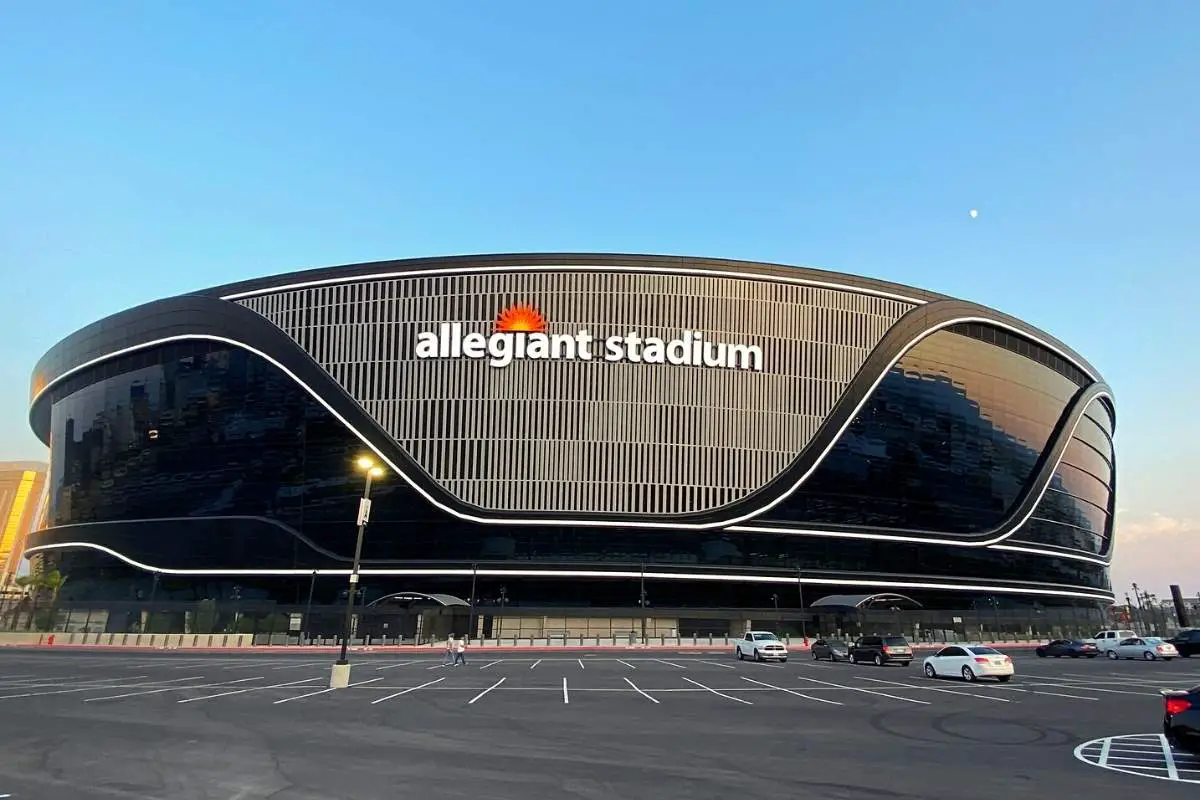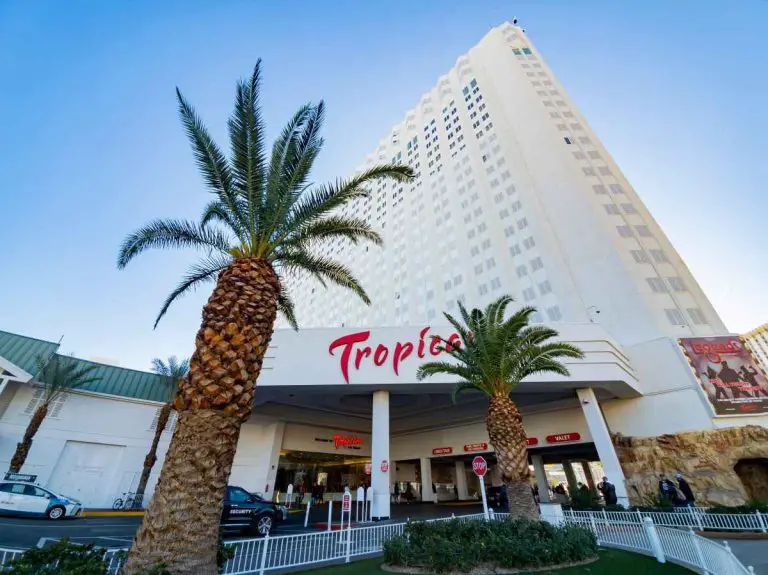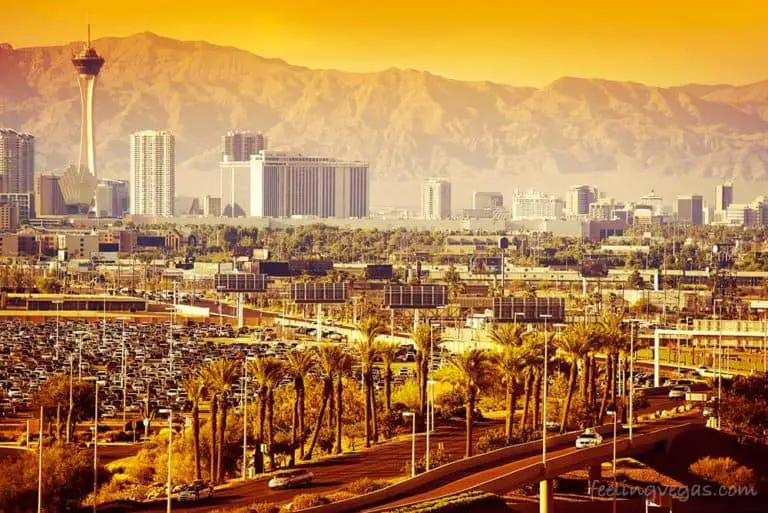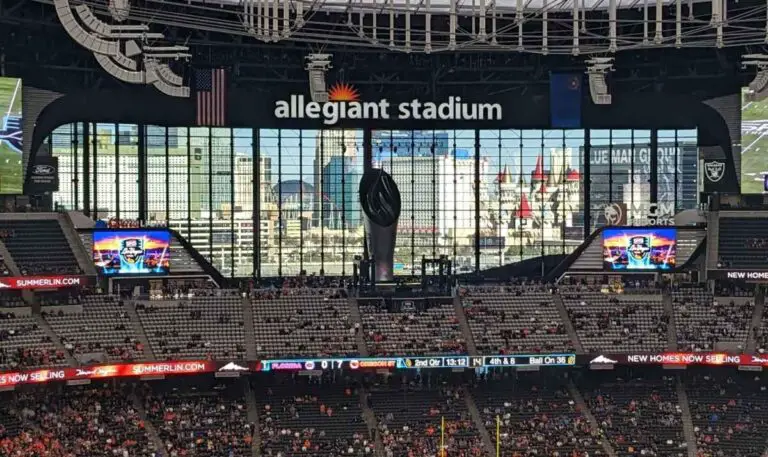Oakland A’s are Moving to Vegas: New Chapter for the Team

The Oakland Athletics have made a significant move towards relocating to Las Vegas, as the team recently signed a deal to purchase land for a new stadium. This development comes after years of discussions and negotiations surrounding the team’s need for a new, modern venue to replace their aging Oakland Coliseum.
With the deal in place on a 49-acre site near the Las Vegas Strip, the Athletics are planning to build a state-of-the-art stadium with a seating capacity of 30,000-35,000 fans. The team hopes to break ground on the new stadium next year, and complete the move to Las Vegas by 2027, according to Insider.
This relocation could mean significant changes for both the Athletics organization and the city of Oakland, as the franchise has been part of the local community since 1968. As the move to Las Vegas unfolds, many will be closely watching how this transition will impact the team and the affected cities in the coming years.
Oakland A’s History in Oakland

The Oakland Athletics, often referred to as the A’s, have a rich history that dates back to their debut in the Bay Area on April 17, 1968. They began their journey in Philadelphia before moving to Kansas City in 1955, and finally settling in Oakland, California in 1968 (Wikipedia).
Notable Achievements
The Oakland Athletics have had many achievements throughout their years in Oakland. They were able to produce some powerhouse teams, particularly during the 1970s, with legends such as Reggie Jackson, Vida Blue, Catfish Hunter, and Rollie Fingers leading the way (Forbes). Left fielder Rickey Henderson earned a spot in the Hall of Fame, and grabbed 867 of his 1,406 career stolen bases with the Athletics, making him the all-time team leader (MLB).
Stadium Controversies
Although the A’s were beloved by many, their tenure in Oakland was not without controversy. A major issue surrounding the team has been their search for a new stadium. The team had proposed a new Howard Terminal stadium project, which ultimately fell apart (ABC7 News). The A’s expressed frustration with the lack of progress on this project, and eventually decided to take matters into their own hands. They recently signed a binding agreement to purchase land near the Las Vegas Strip, solidifying their plans to relocate to Las Vegas (The Nation).
The Decision to Move

The Oakland Athletics have made the significant decision to relocate the team to Las Vegas, marking the end of an era in Oakland.
Motivations
One of the primary factors driving the relocation is the team’s pursuit of a modern, state-of-the-art stadium. The A’s have secured a binding agreement to purchase 49 acres of land near the Las Vegas Strip, where they plan to construct a $1.5 billion, 35,000-seat stadium facility. This move comes after numerous failed attempts to secure a new stadium site in Oakland, prompting the team to explore other options.
Another motivation for the move is the potential for increased revenue and fan base expansion. Las Vegas has experienced significant growth in recent years and has attracted major sports franchises such as the Vegas Golden Knights (NHL) and the Las Vegas Raiders (NFL).
Fans’ Reaction
While the relocation news may come as a disappointment to loyal Oakland A’s fans, many in the Bay Area understand the need for a new stadium and the potential benefits the move to Las Vegas could bring. The city’s growing sports scene and potential for increased revenues offer an exciting opportunity for the Athletics to rejuvenate the franchise.
At the same time, some long-time fans may feel a sense of betrayal. The departure marks the end of a storied history for the Oakland A’s, and their relocation to Las Vegas brings uncertainty for the legacy and identity of the team.
Las Vegas as the New Destination
The Oakland A’s are moving to Las Vegas, marking a significant shift in the sports landscape. This relocation showcases the growing appeal of the city as a destination for major league sports teams.
Previous Success with Sports Teams

Las Vegas has hosted several successful sports teams in recent years, such as the NFL’s Las Vegas Raiders and the NHL’s Vegas Golden Knights. The city’s enthusiastic fan base, state-of-the-art venues, and ability to deliver a world-class entertainment experience have helped these teams thrive.
For the Oakland A’s, the move to Las Vegas represents an opportunity to leverage this success and benefit from the city’s increasingly prominent sports profile.
Economic Factors
Las Vegas offers significant economic advantages that influence professional sports teams like the Oakland A’s to relocate. One contributing factor is Nevada’s favorable tax environment, which benefits both players and the organization as a whole.
Furthermore, the city’s tourist-fueled economy helps provide a constant influx of fans eager to attend sporting events. This potentially leads to increased ticket sales and overall revenue generation for the team. With these factors in mind, it’s not surprising that the A’s have chosen Las Vegas as their new home.
Propelled by the city’s demonstrated success with other sports teams, as well as its favorable economic conditions, the Oakland A’s are set to make a significant impact on the Las Vegas sports scene. As they plan to break ground on their new stadium close to the Las Vegas Strip and move by 2027, the anticipation from fans and the local community alike continues to grow.
The New A’s Vegas Stadium
Location
The site of the new stadium is strategically located close to the Las Vegas Strip(source). The former Wild Wild West site at Dean Martin Drive and Tropicana Avenue is the site for the proposed ballpark.
This location is situated to the west of the Las Vegas Strip, on the opposite side of Interstate 15, in close proximity to T-Mobile Arena and Allegiant Stadium, where the NFL’s Las Vegas Raiders currently play.
Design and Capacity
The new stadium for the Oakland A’s in Las Vegas will be a state-of-the-art $1.5 billion facility with a partially retractable roof(source). While the exact designs are not set in stone, it’s expected that the new stadium will be a show-stopper.
Amenities
The Oakland A’s new stadium in Las Vegas is expected to feature a wide range of amenities for spectators, enhancing their overall experience. While specific details have not yet been revealed, typical features of modern baseball stadiums include multiple dining options, premium seating areas, and family-friendly facilities.
The team hopes to break ground on the new stadium project next year and move to Las Vegas by 2027(source).
Impact on Oakland and Vegas

Economic Consequences
The potential departure of the Oakland Athletics to Las Vegas will have significant economic consequences for both cities. In Oakland, jobs at the coliseum, local businesses, and the overall economy may be impacted by the A’s move. Conversely, Las Vegas would likely benefit from the arrival of a major league sports team, creating new job opportunities and increasing tourism.
For Oakland, losing the A’s may result in layoffs at the coliseum and revenue loss for local businesses reliant on game-day foot traffic. This could lead to decreased economic activity and a weaker overall economy in the area.
On the other hand, Las Vegas can expect an increase in tourism and visitor spending as fans flock to the city to attend games and enjoy the typical attractions the city has to offer.
Sports Landscape
Regarding the sports landscape, Oakland will lose a storied MLB team that has called the city home for decades. This may leave local fans feeling abandoned and possibly result in a weakened community connection to professional sports.
Meanwhile, Las Vegas has been steadily expanding its professional sports presence in recent years, welcoming the NFL’s Las Vegas Raiders and the NHL’s Vegas Golden Knights. The addition of the A’s would continue this trend, solidifying the city as a major hub for professional sports in the United States (Forbes).
Adapting to these changes will be crucial for both cities moving forward. While Oakland faces the challenge of maintaining economic stability and preserving its sports culture, Las Vegas will need to maximize the opportunities presented by the arrival of the A’s to further enhance its identity as a sports and entertainment capital.






